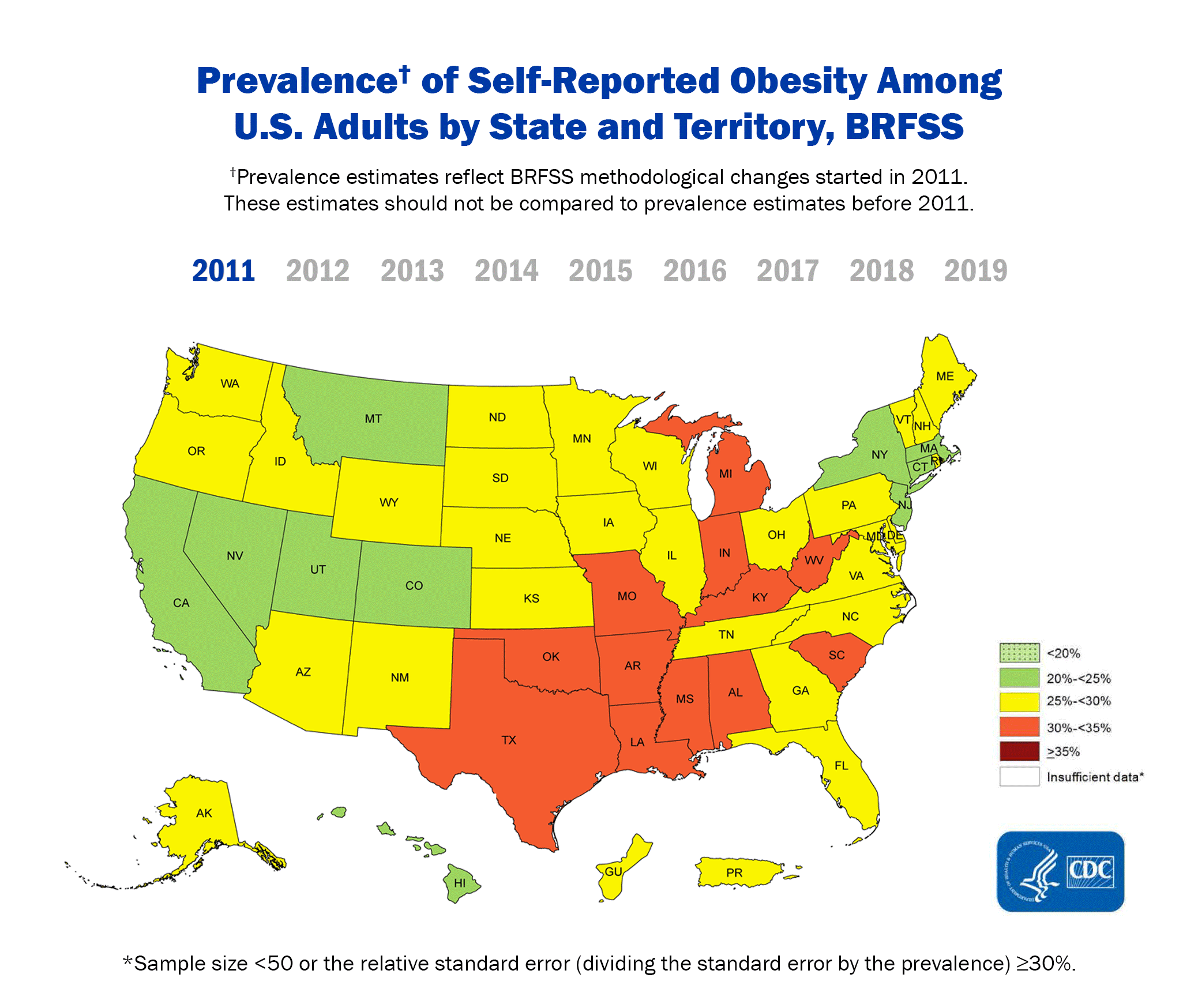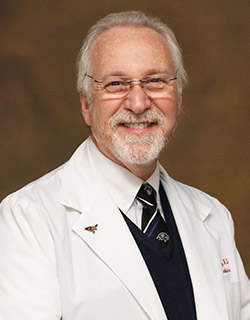Crossing the "O-Line"
April 9, 2021
It is commonly known that being overweight is related to health issues like diabetes and high blood pressure, but did you know that it can also put you at a higher risk for cancer, arthritis, sleep disorders, vascular disease, and more? Dr. Kevin Ferentz, primary care provider at GBMC Health Partners, explained that once patients reach medical obesity, or the “O-line,” as he calls it, their all-cause morbidity increases. “Once they reach the O-line, patients are more likely to die from everything,” he said.
Dr. Ferentz stressed how important it is for patients to understand the implications of being obese. In his practice, he sees many patients with a BMI greater than 30 who do not believe they are obese because they see others who are much larger than they are. While it is often true that there are bigger people out there, Dr. Ferentz explained “we are so surrounded by morbid obesity that Americans have forgotten what normal looks like.” Approximately 35% of Americans are obese, and, according to a study published in the New England Medical Journal in 2019, that number could increase to 50% by 2030. “The data is truly alarming,” Dr. Ferentz stated.

Whether his patients feel they are obese or not, Dr. Ferentz said that it’s imperative to use the correct terminology. Simply saying that someone is overweight doesn’t convey the severity of the situation. Obesity contributes to the death of 300,000 Americans every year, and sugarcoating the message is not going to change that. While Dr. Ferentz is committed to being honest with his patients, he emphasized that he never tries to shame them. “This is not an issue of shame,” he expressed. “This is a health issue like any other diagnosis.”
As with other diseases, medication is a viable treatment option for many patients. Dr. Ferentz explained that weight-loss medication works as an appetite suppressant to help patients consume less food. “Ultimately, weight loss is about calories,” he said. “If you don’t take in fewer calories, you will not lose weight.” One pound of fat translates to about 3,500 calories, so to lose one pound per week, a person would have to consume 500 fewer calories per day.
500 calories is a significant amount to cut for what seems like a relatively small gain, which is why weight-loss medication is so helpful. When combined with lifestyle changes like exercising, eating well, and maintaining healthy sleep habits, medication can be the kick starter to losing weight and better overall health. Many patients see a 10-to-30-pound loss within a few months.
Dr. Ferentz acknowledged there is a negative association with weight-loss medication that doesn’t exist for many other drugs. This is likely due to one of the earliest medications being recalled and the fact that, for many years, patients had to see specialized doctors who overcharged for prescriptions. “Frankly, it was a rip off,” Dr. Ferentz said. The situation has changed since then, and patients can now work with their primary care provider to be prescribed weight-loss medication.
For patients needing to lose more weight than medication can manage, Dr. Ferentz recommends bariatric surgery. To some, surgery may seem extreme, but for those who need it, it can literally save their lives. “I hear the same two things from my patients that I refer for bariatric surgery: ‘this is the best thing I’ve ever done’ and ‘I wish I had done it sooner,’” he expressed. “I suggest that anyone looking to lose weight have an honest conversation with their primary care provider to see what options are available to them.”



